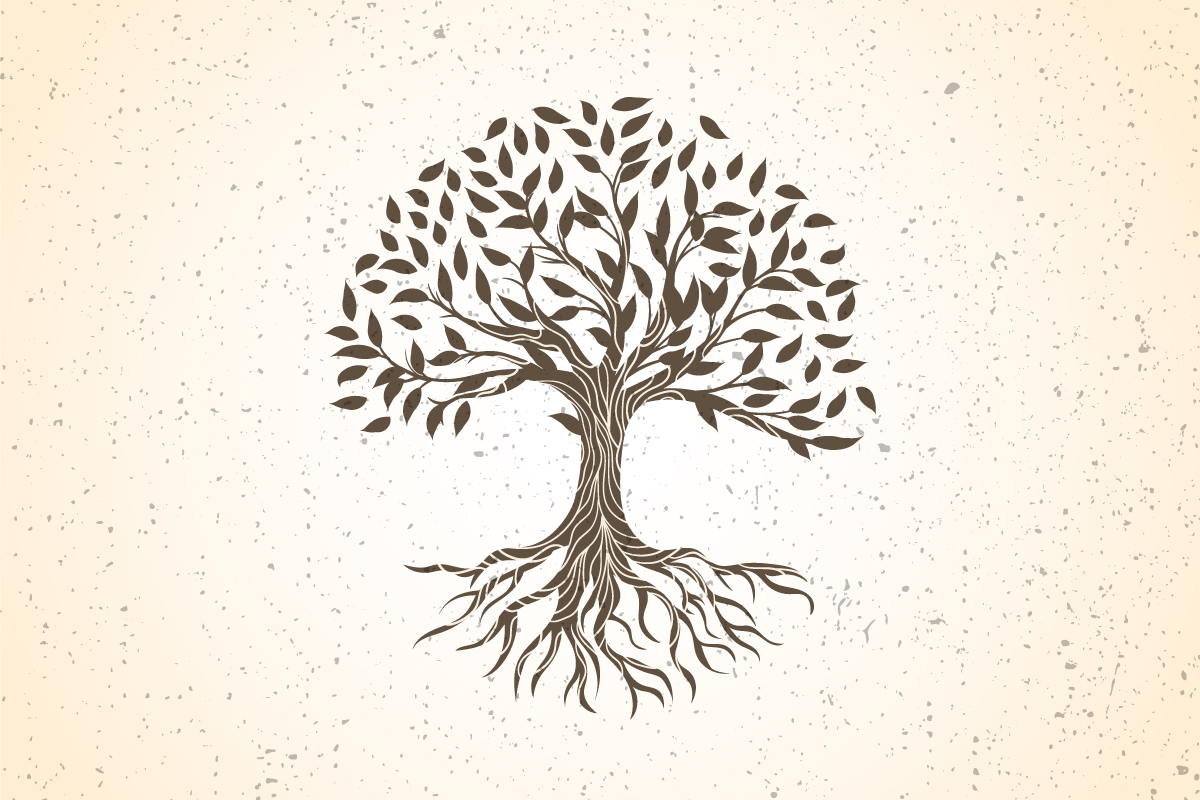There is a lot of talk about leadership these days. Likely because in difficult times is where the figure of the leader is most anticipated and wished for. Specially in difficult times, we need leaders to lead us and show us the way. Help us feel that we are not alone and that we are part of something. Give us that sense of belonging. That sense and mission within the team. Yes, times are definitely tough in today’s world. We are still trying to process the possible end of a pandemic that has shaken us for more than two years and we are forced to witness the outbreak of a war that has the world in total consternation. We live in times where change is not only a constant, but also manifests itself simultaneously in almost all dimensions of life. And talking about leadership emerges as an inevitable consequence. To reflect on what kind of leader we need to successfully navigate these times of uncertainty.
Something that we can all agree on is that a leader is not a position, a title or a role within a company. A leader is the result of a series of behaviors that define a person as such. Leadership is a concept, a range of values, it is a way of acting. I don’t like to refer to leadership in terms of “styles” because the essence of the behavior and being of a leader encompasses the same values and achieves the same results. That said, styles are present in everything we do as people, and the exercise of leadership is no exception. Our differences as human beings and who we are has a lot to do with what leaders we are in front of others, and above all, for ourselves. Therefore, the resources we use to exercise leadership will define us as leaders and determine our style.
Throughout our lives, we have probably come across countless people in positions of responsibility and in whom we would not recognize leadership behavior. A leader makes a positive impact on others. A leader inspires and gets noticed. A leader influences. We respect leaders and follow them. I don’t like labels, as a rule. More than leadership styles, I like to talk about a type of leader that starts from the coherence of being. I am referring to conscious leadership.
What is conscious leadership?
Decision making is inherent to a leader. At all levels in which the leader exercises leadership: Their own, that of the family nucleus, a group of friends or a business team; the leader, ultimately, is the one responsible for making decisions. These will have an impact on the unit that is led and represent a great commitment. Likewise, this commitment implies the need to take the group into account when making decisions. Even when the decision is only one’s (the leader), the result will affect more people. How to prepare for this commitment and responsibility?
Awareness about oneself and how we are, is what allows us to make more balanced decisions. By increasing our level of consciousness, we become freer people. Being aware consists of choosing what attitude to take at each moment, not letting ourselves be carried away by the emotions that may arise from each circumstance. Being aware means considering the possible consequences of our actions on others, voluntary and involuntary, before taking them. Recognize our successes and our mistakes and learn from them because awareness is that, not being able, nor wanting to close our eyes to what is evident to ourselves – the impact we have on our environment. Consciousness implies responsibility.
A conscious leader is one who, in addition to having a high level of self-awareness, always takes others into account assertively when making decisions. The conscious leader acts consistently in their work environment because their actions represent what he or she thinks and feels. This leader is clear about their strengths and their weaknesses and that allows them to show themselves authentically. The conscious leader knows their influence on others, the impact of their actions and their words, and the responsibility he or she has in achieving, or not, the pursued results. Without conscience there would be no repair because we would not be able to recognize our mistakes or the impact that they may have on others! We cannot correct something of which we are not aware because we do not see it… that is, in our interpretation of reality, it does not exist!
Self-Awareness
The first time I realized that I had a conscientious leader before me, it was not precisely because I felt valued when making an important decision that directly affected me, or because I felt committed and involved in my work team and my role. It happened when I was able to recognize in my boss his internal struggle for having made a decision that had a negative impact on me and that, at the time he made it, he was not aware of it. The emotions I felt at that moment turned 180 degrees. I went from sadness to surprise, from frustration to understanding, from concern to hope. Hope that things were already changing for the better and that change began with the awareness that I saw arise in him and with the apologies and explanations that followed. Our relationship strengthened, my admiration for him grew and he had a faithful collaborator in me.
The conscious leader reflects on mistakes and assume them as part of the evolutionary process and as an opportunity to learn. Being aware implies the certainty that life is a continuous learning process and that becoming aware is a process that we continually repeat, learning from our actions to modify them, improve and grow. Self-knowledge is a process that never ends.
And without abusing labels, my reflection is that a conscious leader is not a style of leadership, it is a way of life. You cannot have a high level of self-awareness without exercising conscious leadership. It is precisely this awareness that will not let us act in any other way. So how do we become conscious leaders? Becoming conscious people, working on our self-awareness and making it our “style” of life!
Marelys Garcia.
Learning Facilitator. Mindlines.




